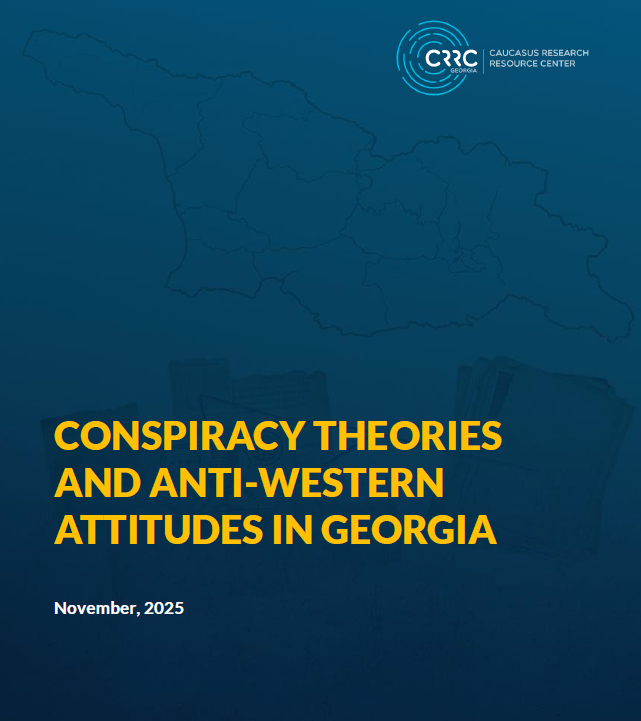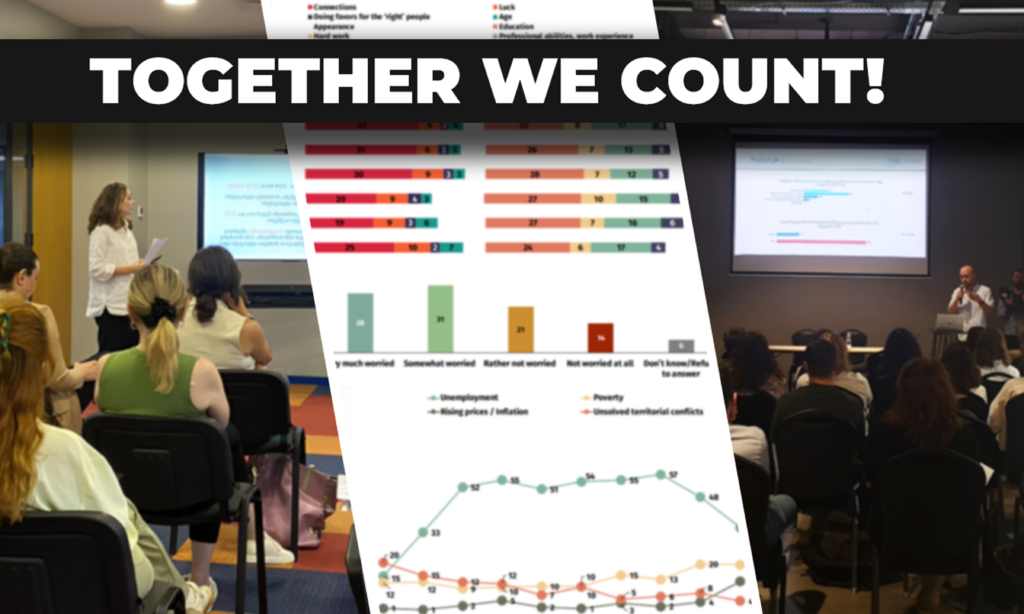With upcoming elections in Georgia, the attention is back on a theme that otherwise often gets neglected: what does the Georgian electorate want?
One of the ideas is to conduct an exit poll, to track the scale of any potential manipulation. You ask a representative sample coming out of the polling station who they voted for, and that should give you a good idea about the electoral results.
According to several people, the Georgian government very much would like such an exit poll. One reason, it is said, is that at least one opposition candidate is considering financing his own exit poll, and getting a large exit polls supported by international donors may counterbalance any biased results that have been paid for by a single candidate.
At face value, this seems like an attractive idea and it has a number of supporters. After all, all you’re doing is triangulating, helping to verify what actually happened on E-Day and more information always seems better than less.
But where the trust in the election administration is limited, the risks of exit polls far outweigh any potential benefit. As the head of one organization working in the elections field pointed out, it would “be like fighting fire with fire”.
Voters exiting a polling station may not actually tell the truth of who they voted for. This can have various reasons: the social acceptability of their choice, fear for jobs, the first impressdon that the interviewer makes, plain intimidation.
Therefore exit polls can easily be off by 5%, or more. Now imagine one candidate wins the first round legitimately with 52%, but the exit polls only show 47% support, because of such bias, or skewed sampling. The opposition will believe that the election has been stolen, although results simply were within the margin of error.
Ultimately there is no substitute for a regular, disciplined conduct of elections, with citizens actively participating to guard their own vote. If polls were an alternative, there would be no need for the entire elections rigmarole.










